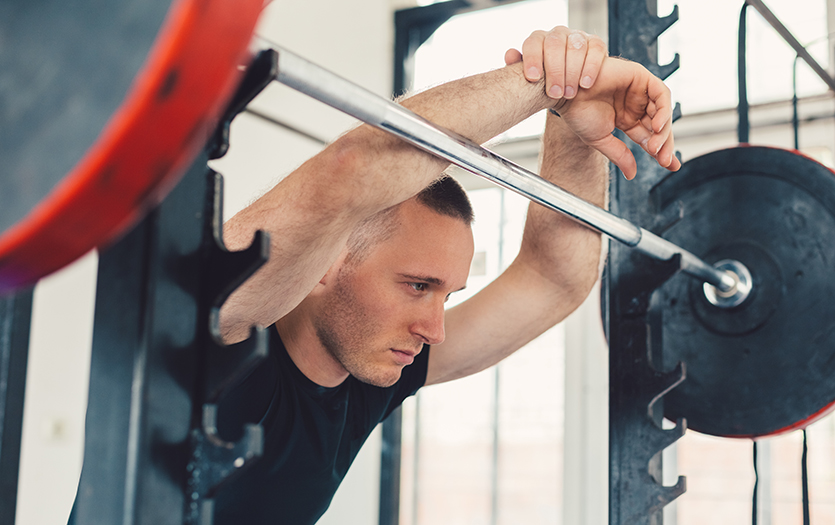
This post was written by Scott Charland, MA, CSCS, Parkview Sports Medicine.
If you’ve ever felt stuck in the same training routine and you aren’t getting better or worse, you’re probably experiencing a performance plateau. This usually happens when an athlete has been doing the same strength and conditioning work for an extended period without a change in the physiological stress of the exercises. A plateau means that their body has adapted to the stress that has been placed on it. It’s our body’s natural response to strength and conditioning training. To avoid a performance plateau, you need to focus on a few specific areas.
Read How can you tell if you’re overtraining?
Progressive overload + rest periods
Progressive overload is a method of strength training where you gradually increase the physiological stress of your workout over time. Meaning, when you hit the plateau, you increase the stress put on your body.
You can change the stress levels a couple different ways. One way would be changing the sets and reps of certain exercises. If you increase the total amount of reps you do of an exercise, you will increase the stress and your body must adapt to it, if given optimal rest. You can also increase the weight in which you are moving to increase the stress.
Variety
Variety is a huge key to success in athletes hoping to smash their plateaus. If you ate the same meal every day for dinner for six months it would probably make you sick of it, right? Well, the same thought process can be applied to training. Adjusting the exercises themselves and mixing up your fitness routine can greatly affect your gains from a workout. Even if it’s as small as changing a split squat to a rear foot elevated split squat, it changes the stress and it gives you something new to try so you don’t feel bored.
Are you looking to maximize your mindset and mental edge to take your athletic training or sports performance to the next level? Learn more about Parkview Sports Medicine Peak Performance Training here.



